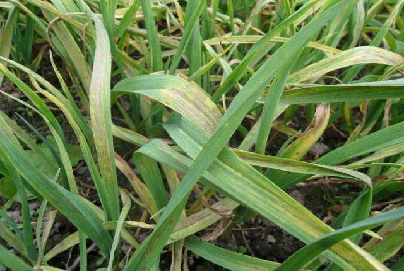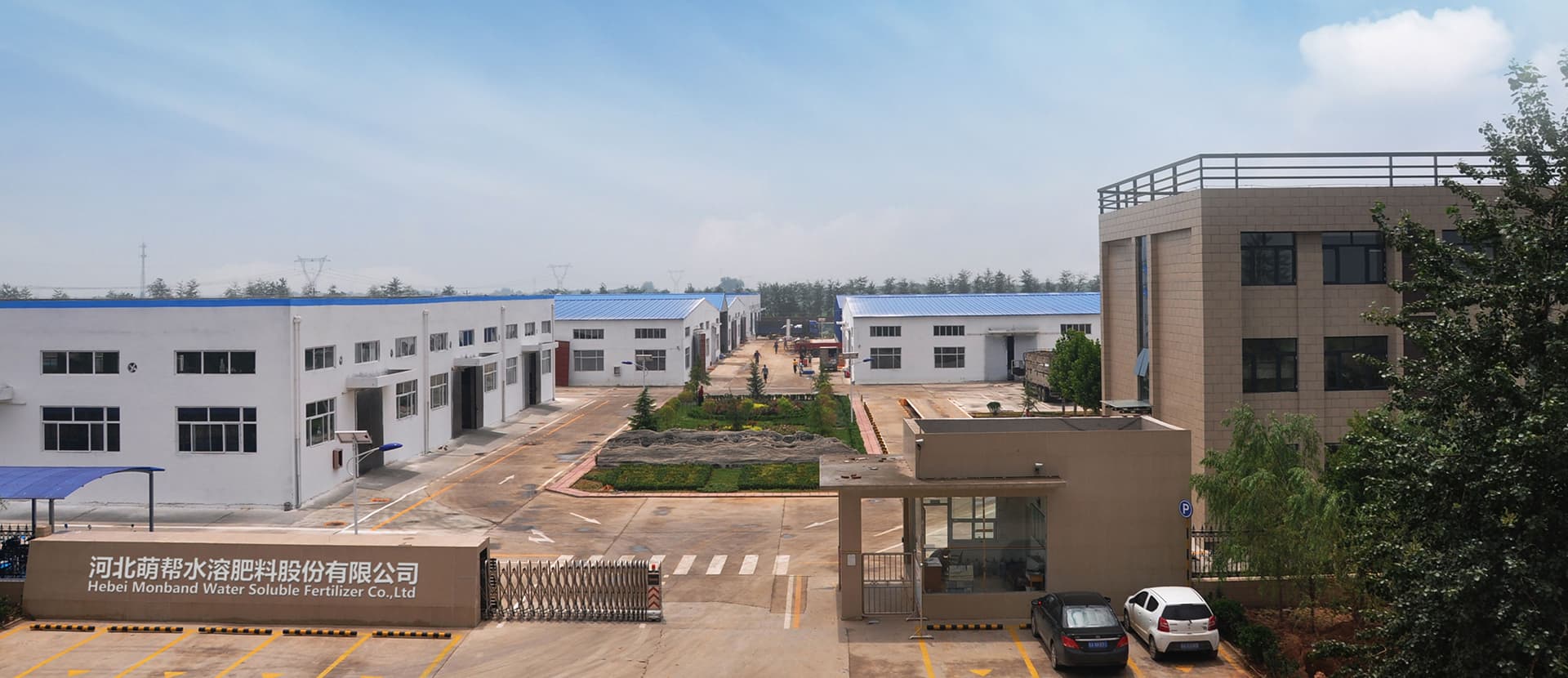How to alleviate the problem of crop recropping?
Recropping, also known as continuous cropping, refers to the continuous planting of the same crop on a field. The multiple cropping index is higher in China, and the problem of recropping is more extensive and serious. Recropping can lead to deterioration of soil physical and chemical properties, secondary salinization and imbalance of soil nutrients. It can also lead to crop self-toxicity and serious soil-borne diseases. In turn, crop production may be reduced or even eliminated.

When soil physical and chemical properties deteriorate, farmers generally use manure to improve soil fertility. But there are no uniform standards for manure. It is likely that there will be problems such as incomplete decomposition, high salt content, carrying pathogens and eggs, which can not alleviate or even aggravate the harm of recropping.
Due to the shortage of land resources and economic benefits, recropping can only be alleviated by technology, but not completely avoided. The following points need to be noted in the process of alleviating recropping.
1. Improve the soil
Soil improvement is important to reduce recropping. To improve soil fertility, it is recommended to use humic acid organic fertilizer products with safe and clear sources. Humic acid can not only loosen soil and promote root growth, but also has strong chelating ability, which can save trace elements in soil while reducing toxicity.
2. Inhibit pathogenic bacteria
If you want to inhibit pathogens, you can control them through the coordination of drugs and beneficial microorganisms. In terms of drug control, it is recommended to use drugs before planting to reduce the pathogen base. After the expiration date, use microbial inoculants to cultivate beneficial flora. In terms of beneficial microbial control, crop roots rely on beneficial microorganisms to form mycorrhiza in the soil, thereby increasing the area of root absorption.
3. Balanced nutrition
In the process of fertilization, farmers often overuse a large amount of elemental fertilizer and ignore the supplement of medium and trace elements. But many crops require even more moderate elements than larger ones, such as phosphate fertilizer. At the same time, medium and trace element fertilizers can improve crop disease resistance and need to be used in a balanced manner with a large number of elements.





 Learn more
Learn more
 冀公网安备13019902000986
冀公网安备13019902000986